Episode Summary
Fossil fuels are hiding in plain sight in our kitchens—powering stoves and cooling refrigerators, plus they're fueling supply chains. They shap how we cook, eat and connect with food. In this episode, we explore how to reduce reliance on fossil fuels in home and commercial kitchens. What counts as a 'clean' cooking fuel in Malawi versus the United States? And what would it take to transform the energy grid powering our food systems? Researchers, chefs, and activists weigh in.
About the Experts
Christa Roth is director and co-founder of the Cleaner Cooking Coalition (CCC). CCC assists worldwide to develop locally appropriate efficient technologies for cooking or other uses of heat. Her focus on locally available renewable solid biomass fuels began in Malawi in 1997, realising that cooking energy is vital for survival and at the core of food security.
Chef Christopher Galarza is the founder and CEO of Forward Dining Solutions, co-founder of EcoChef, and president of the American Culinary Federation's Pittsburgh chapter. He is the author of bestselling book Understanding the Green Industrial Revolution, an Interdisciplinary Look at the Hospitality Industry.
Gabriel Eckhouse is a Marie Curie Fellow at Uppsala University in the Human Geography Department. There, Gabe leads a EU-funded research project called Materializing Renewable Capital.
Galina Angarova is Executive Director of the SIRGE Coalition (Securing Indigenous Peoples' Rights in the Green Economy). Galina is the former Executive Director of Cultural Survival. She has represented the Indigenous Peoples’ Major Group at the UN on issues such as the Sustainable Development Goals and the Post-2015 Development Agenda and has led Indigenous experts to review safeguards for Indigenous Peoples for the UN Framework Convention on Climate Change’s Green Climate Fund.
Nnimmo Bassey is a Nigerian environmentalist, author, poet, and architect. He is the director of the Health of Mother Earth Foundation, a Nigeria-based ecological think tank. He also is a member of the steering committee of Oilwatch International, a network resisting the expansion of fossil fuel extraction in the Global South.
Errol Schweizer is a member of the IPES-Food panel with other 25 years in food retail and supply chain expertise. He has have worked with Whole Foods, Patagonia, Annie’s, General Mills, Fairway, Good Eggs and National Co-op Grocers. Errol co-founded HERBL, Good Catch, Basics Market and other brands. He writes a weekly substack called the Checkout, the essential take on the 1 trillion dollar grocery industry.
Georgina Catacora-Vargas is a member of the IPES-Food panel, and professor at the Academic Peasant Unit ‘Tiawanacu’ of the Bolivian Catholic University. She is president of the Latin American Scientific Society of Agroecology, and advisor to the Agroecology Fund. She is an agricultural engineer with a PhD in Agroecology.
References and Recommended Resources
Book: Frostbite: How Refrigeration Changed Our Food, Our Planet and Ourselves (Nicola Twilley, 2024)
Release: Indigenous Peoples Principles and Protocols for Just Transition (Indigenous Summit Just Transition, 2024)
World Health Organization: Defining Clean Fuels and Technologies (2024)
Article: Scaling up gas and electric cooking in low- and middle-income countries: climate threat or mitigation strategy with co-benefits? (Emily Floess et al., 2023)
Press release: WHO publishes new global data on the use of clean and polluting fuels for cooking by fuel type (WHO, 2022)
Progress report: Access to Clean Cooking (International Energy Agency, 2023)
Article: Energy transition minerals and their intersection with land-connected peoples (John Owen et al., 2023)


